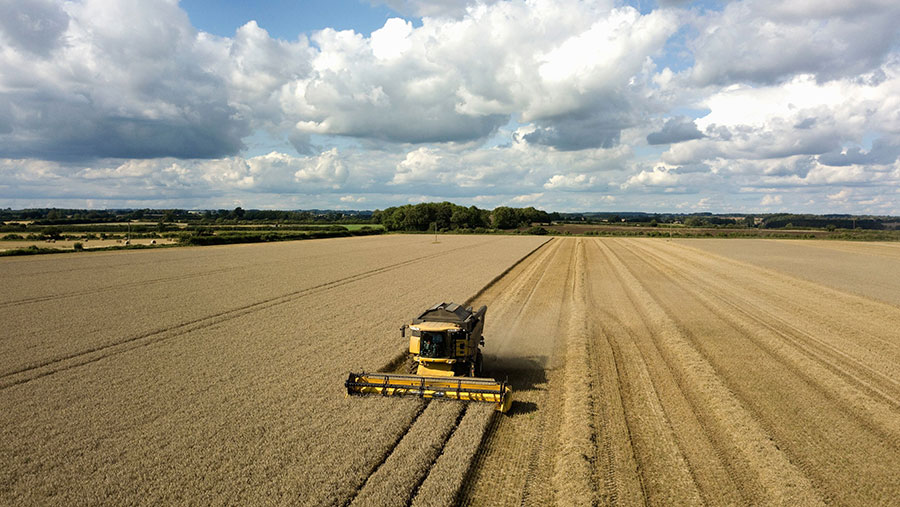Labour pledges a rural affairs minister in every department
 © Mint Images/Shutterstock
© Mint Images/Shutterstock The Labour Party plans to place a minister responsible for rural affairs in every government department should it come to power at the next general election.
The pledge, made by shadow Defra secretary Luke Pollard at this week’s Labour conference in Brighton, is a strategic part of the party’s ongoing rural policy review.
See also: If Tories mishandle ELMs, Labour could pounce
Such action is needed to change the way rural voters think about Labour, he said, and winning more rural seats is seen as vital to help return the party to government.
Mr Pollard noted that, in the 1997 and 2001 elections, Labour held over 150 rural seats – more than the Conservatives.
“It is something we have do again, because if we don’t win in rural communities, we stay in opposition and the Tories stay in power,” he told a joint Country Land and Business Association (CLA)/NFU fringe event on Monday (27 September).
Chance to succeed
There was a chance to succeed, he added, because the current government was failing rural people.
“The government is betraying our farmers by slashing farm support; by having a direct assault on small family farmers; by having labour shortages with crops rotting in the fields; and by failing to deliver on rural broadband and housing,” he said.
CLA president Mark Bridgeman agreed that “rural-proofing is not working”. “Each government department does have someone in the civil service who’s responsible for rural-proofing, but it comes at the end and they’re probably quite junior. Getting it institutionalised is key.”
Mr Pollard was especially critical of Defra, which he said lacked clout in Westminster.
“I’m not a fan of Michael Gove, but when he was in charge, my God, wasn’t Defra at the heart of government,” he said. “Since then, we’ve seen it fall from leading the government agenda to be at the very bottom.
“Defra does not have to be a peripheral department. But if it is only at the heart of government depending on the ambition of its secretary of state, then we are going to see a changeable situation and communities suffer.
“That’s one of the reasons we need to bake in the importance of rural communities in every department.”
Policy changes
Such structural change, with ministers and civil servants focused on rural matters across department, would enable Labour to press on with the policy changes it is still developing.
These are expected to be announced in greater detail in the run-up to local elections next spring.
Speaking at an earlier event, Countryside Alliance public affairs director James Legge said there did appear to be a greater recognition within the Labour Party of the challenges it faces in rural areas and for the need to listen “and for an agenda that is not dominated by animal rights and attacks on farming, shooting and wildlife management”.
“But warm words are not enough,” said Mr Legge. “In the end, it is about whether Labour is serious about winning a general election.
“It cannot do so without winning the rural vote, and it cannot win that while its position is dominated by hostility to much of the rural way of life.”
